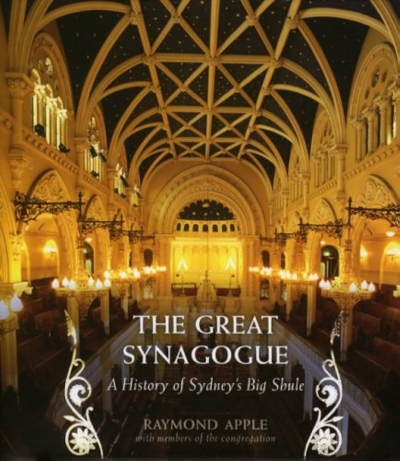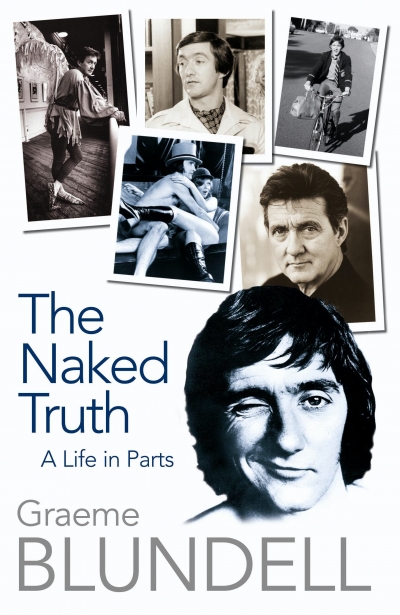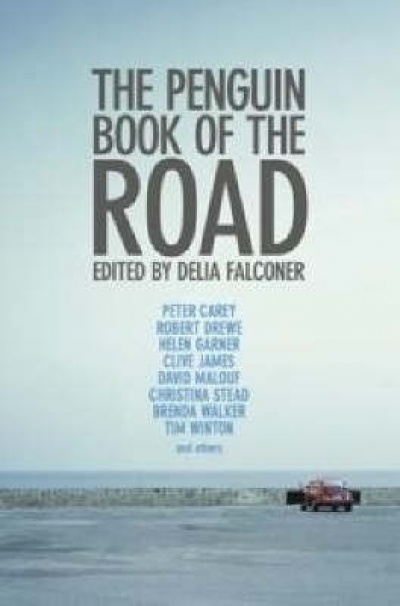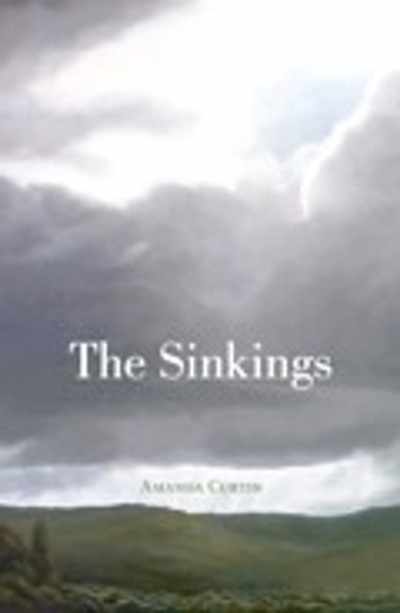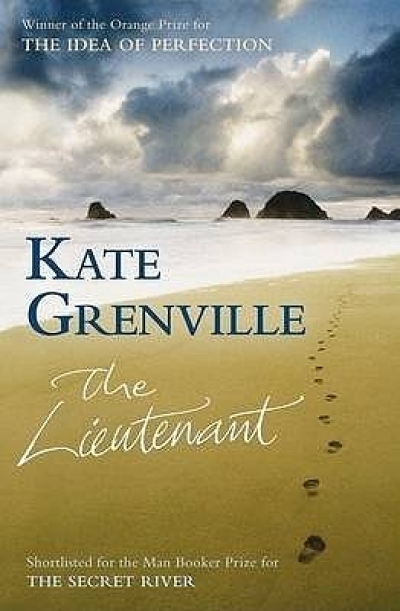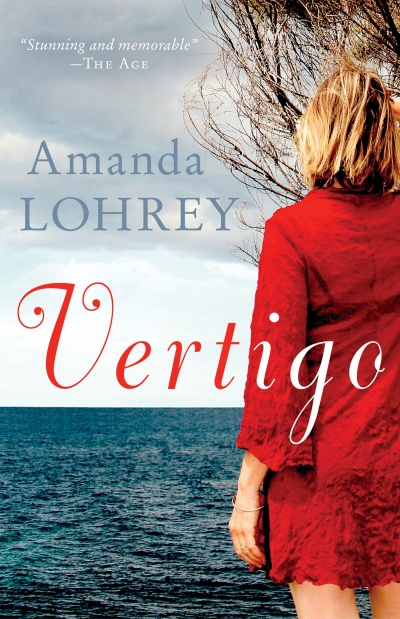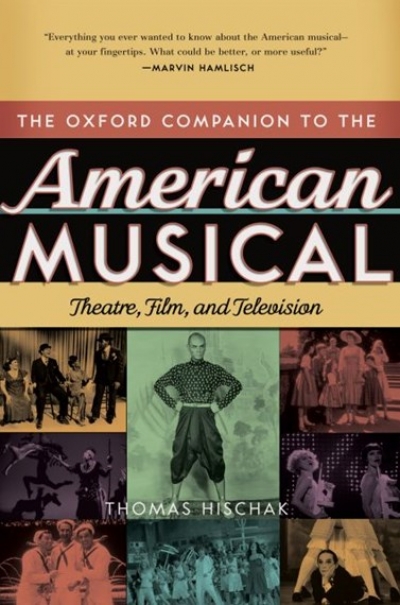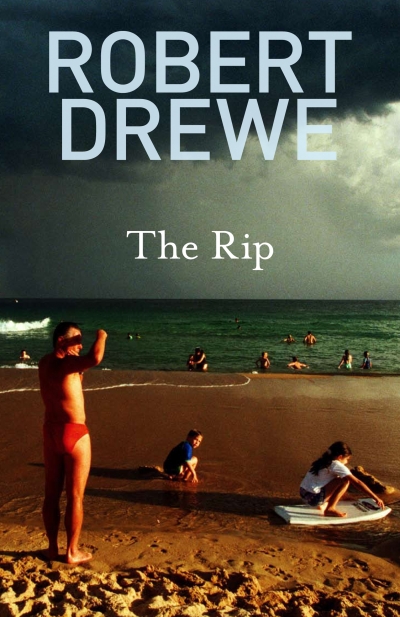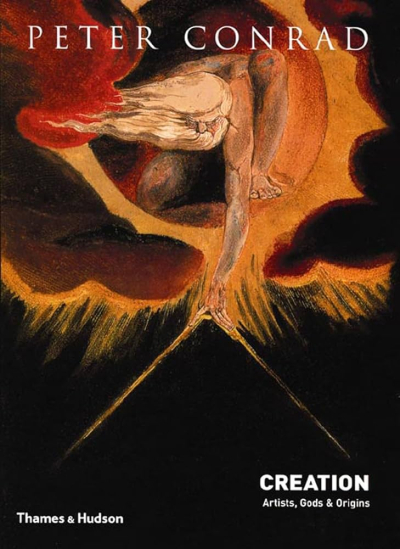There has been no escaping Graeme Blundell lately. There was Catharine Lumby’s astute reappraisal of his image-making Alvin Purple for the Currency Australian Classics series; and, as I write, the advertisements for the new local documentary Not Quite Hollywood feature a bare-chested Blundell in a pair of unforgivable 1970s flares. Now, here is his own account of how he got to be that way – and a good deal more.
Blundell was branded for years by the Alvin persona, that of the improbable sex symbol, irresistibly attractive to women who are turned on by this short, faintly nerdish suburban lad with a curious magnetism invisible to the naked eye. And naked, of course, was the key word. There is a good more to Blundell than the Alvin image, but let’s get it out of the way first.
...
(read more)

